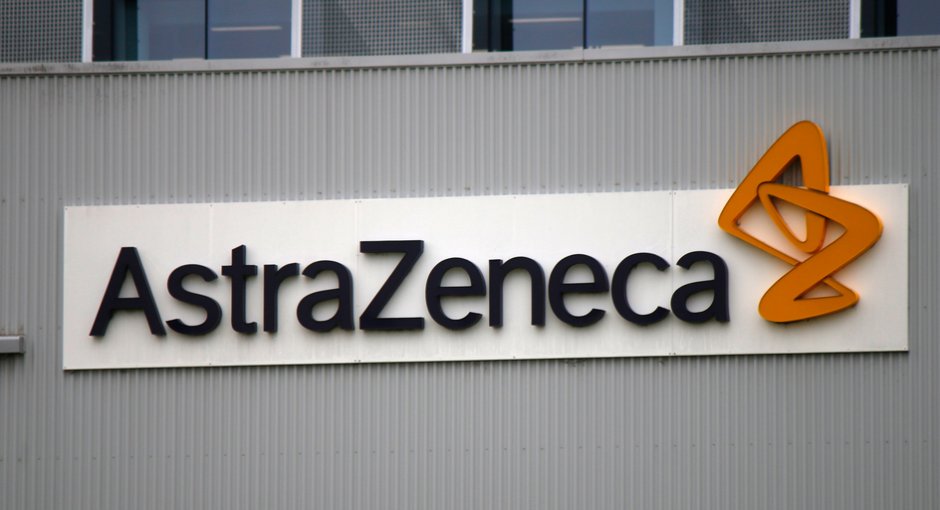Drug manufacturer AstraZeneca on Friday asked the federal district judge in Delaware handling its 340B contract pharmacy lawsuit against the federal government either to issue a preliminary injunction in its favor or expedite court proceedings “to prevent imminent irreparable harm” to the company.
AstraZeneca (AZN) sued the U.S. Health and Human Services Department (HHS) on Jan. 12 over the U.S. Health Resources and Services Administration’s enforcement of HRSA’s 340B contract pharmacy requirements. The company at that time asked the judge to set aside and vacate the HHS General Counsel’s Dec. 30 advisory opinion that manufacturers must deliver their drugs to 340B contract pharmacies and charge no more that the 340B ceiling price for them. AZN also asked the judge to declare that it “is not required to offer 340B discounts to contract pharmacies,” and that its policy of selling its medicines solely for distribution by covered entities’ own in-house pharmacies, or by a single designated contract pharmacy for those lacking an in-house pharmacy, complies with the 340B statute. It asked for a preliminary and permanent injunction preventing HHS and HRSA from enforcing the advisory opinion.
In new papers filed in the lawsuit, the British manufacturer with U.S. headquarters in Delaware asks the court additionally to issue preliminary and permanent injunctions stopping HHS and HRSA from imposing civil monetary penalties against it based on the advisory opinion.
The advisory opinion, in tandem with HRSA’s newly implemented 340B program administrative dispute resolution (ADR) process, “have combined to threaten irreparable harm against AstraZeneca, which only injunctive relief from this Court can prevent,” the company said in its new motion for a preliminary injunction. The position HHS took in the advisory opinion, the manufacturer said, preordains that the ADR panel will rule “that manufacturers must provide discounts to unlimited contract pharmacies,” the company said.
The injunction is further warranted, it said, because even if it ultimately prevails on whether it must provide the discounts, it will sustain substantial and irreparable financial losses due to duplicate 340B discounts and Medicaid rebates on the same drugs “that likely cannot be effectively remedied later through litigation.”
AstraZeneca cited other reasons for granting the injunction, including that
- The advisory opinion is damaging the company’s reputation and its relationships with covered entities.
- Entities that reject AstraZeneca’s 340B contract pharmacy policy based on the advisory opinion are “potentially denying patients access to 340B-purchased drugs.”
“In the absence of a preliminary injunction, the court should expedite briefing on the merits of this case,” AstraZeneca said in a separate motion filed concurrently. “Expedition is necessary because in absence of interim relief, the advisory opinion threatens AstraZeneca with imminent, irreparable harm.”


